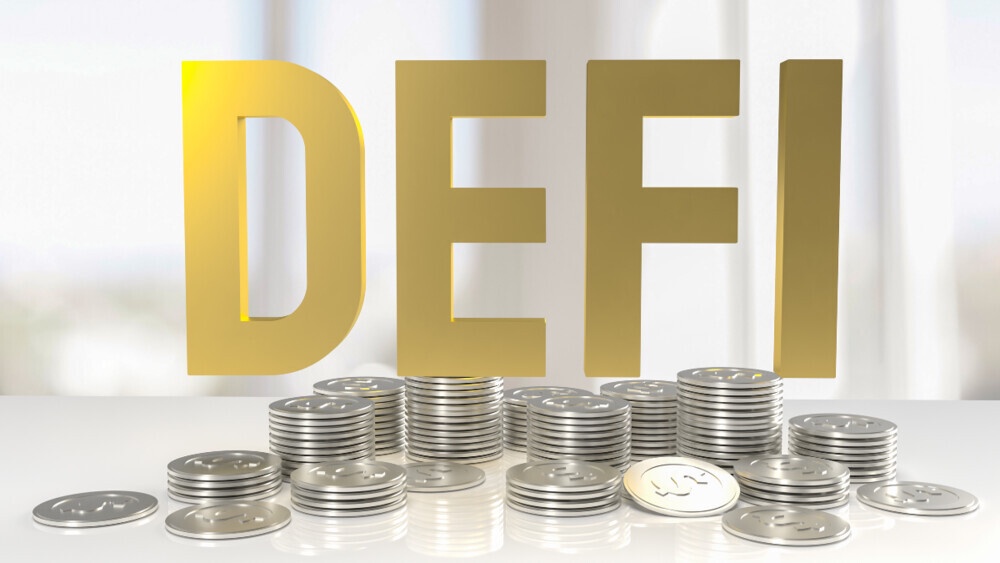Introduction
In recent years, decentralized finance (DeFi) has emerged as a groundbreaking technology that aims to reshape the traditional financial landscape. At the core of DeFi lies smart contract development, a concept that leverages blockchain technology to enable secure and automated financial transactions. This article will explore the fascinating world of DeFi smart contract development, its benefits, challenges, and its potential to revolutionize the financial industry.
What is DeFi?
DeFi, short for decentralized finance, refers to a new paradigm in the financial industry that eliminates intermediaries such as banks and brokers, and allows users to engage in various financial activities directly through decentralized applications (DApps) built on blockchain networks. DeFi provides open, transparent, and inclusive financial services that are accessible to anyone with an internet connection, without the need for traditional financial institutions.
Understanding Smart Contracts
Smart contracts are self-executing agreements with the terms of the agreement directly written into code. These contracts automatically execute predefined actions when certain conditions are met, without requiring intermediaries or manual intervention. Smart contracts are built on blockchain platforms, such as Ethereum, and are tamper-proof, transparent, and verifiable by all participants in the network.
The Advantages of DeFi Smart Contracts
DeFi smart contracts offer several advantages over traditional financial systems:
1. Accessibility : DeFi smart contracts eliminate the need for intermediaries, making financial services accessible to anyone with an internet connection. This opens up opportunities for individuals who were previously excluded from traditional financial systems.
2. Transparency: The transparent nature of blockchain technology ensures that all transactions and smart contract activities are recorded on a public ledger. This transparency builds trust among participants and reduces the risk of fraud and manipulation.
3. Security :Smart contracts are executed on the blockchain, which provides a high level of security and immutability. Once a smart contract is deployed, it cannot be altered or tampered with, ensuring the integrity of financial transactions.
4. Efficiency: DeFi smart contracts automate various financial processes, eliminating the need for manual intervention and reducing the time and costs associated with traditional systems. Transactions can be executed quickly and without the need for intermediaries, enabling instant settlement.
Role of Smart Contracts in DeFi
Smart contracts play a crucial role in enabling the functionality and operation of DeFi protocols. They automate complex financial transactions and eliminate the need for intermediaries, reducing costs and increasing efficiency. Smart contracts facilitate the creation and execution of various DeFi applications, such as decentralized exchanges (DEXs), lending platforms, yield farming, and insurance protocols.
Benefits of Smart Contract Development in DeFi
The development of smart contracts in the DeFi ecosystem offers several significant benefits:
-
Trust and Security: Smart contracts operate on a blockchain network, ensuring transparency and eliminating the need to rely on intermediaries. The decentralized nature of smart contracts enhances security and reduces the risk of fraud and manipulation.
-
Efficiency and Automation: Smart contracts automate financial processes, eliminating manual interventions and reducing the time and effort required to execute transactions. This efficiency enables fast and seamless transactions, especially in comparison to traditional financial systems.
-
Cost Savings: By removing intermediaries and automating processes, smart contracts reduce transaction costs associated with traditional financial systems. This cost savings can benefit both users and service providers in the DeFi ecosystem.
-
Accessibility and Inclusivity: Smart contracts enable permissionless access, allowing anyone with an internet connection to participate in DeFi protocols. This inclusivity empowers individuals who may not have had access to traditional financial services.
The Future of DeFi Smart Contract Development
DeFi smart contract development is still in its early stages, but it holds immense potential to reshape the financial industry. As the technology matures and scalability challenges are addressed, we can expect widespread adoption of DeFi applications. Furthermore, advancements in interoperability between different blockchain networks will unlock new possibilities for cross-chain DeFi applications.
Conclusion
DeFi smart contract development is revolutionizing the financial landscape by providing accessible, transparent, and secure financial services. By leveraging blockchain technology and eliminating intermediaries, DeFi offers a decentralized alternative to traditional financial systems. While challenges such as code vulnerabilities and scalability exist, the industry is actively addressing these issues. As we move forward, the future of DeFi smart contract development looks promising, with the potential to transform the way we interact with financial services.


No comments yet